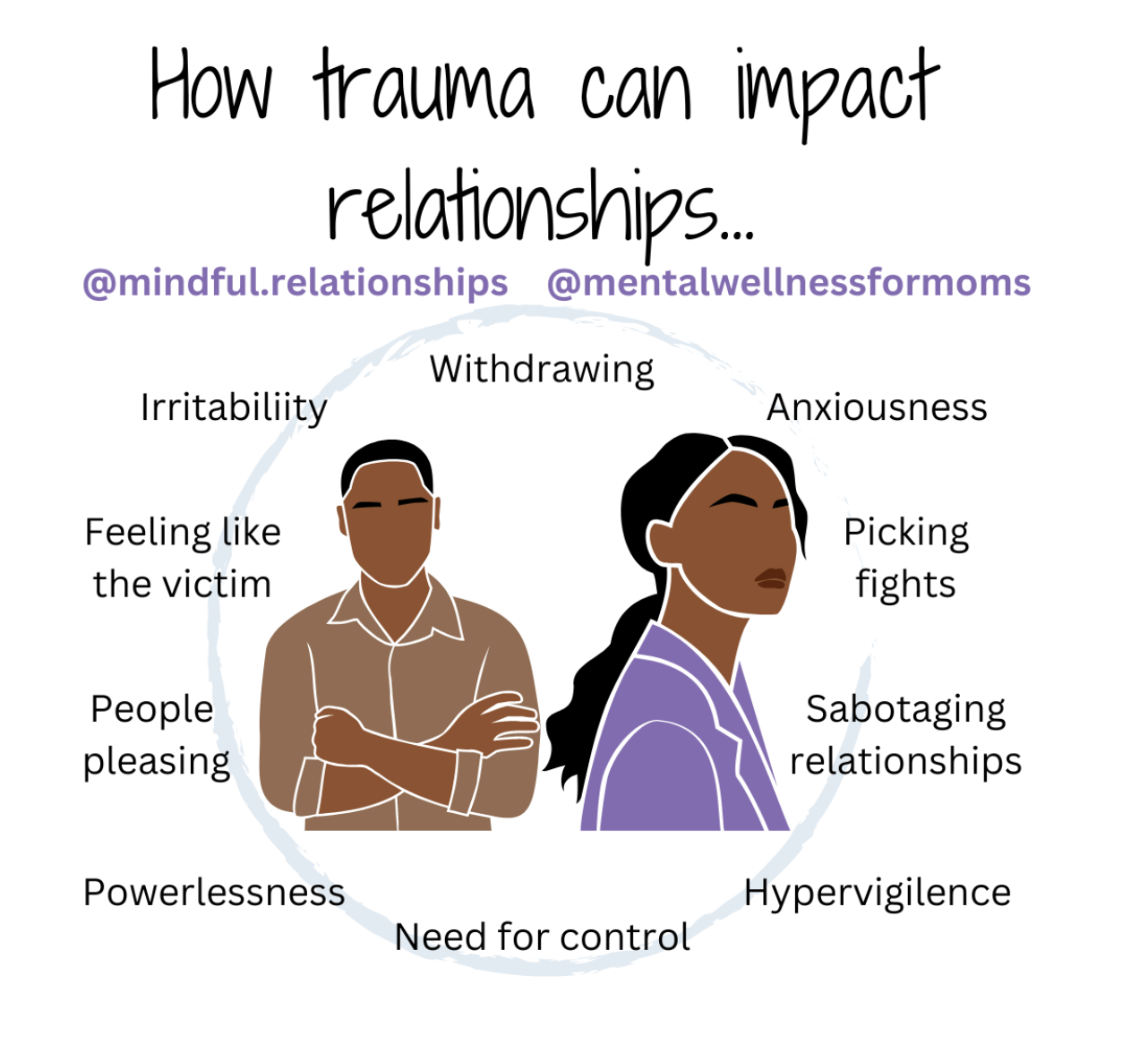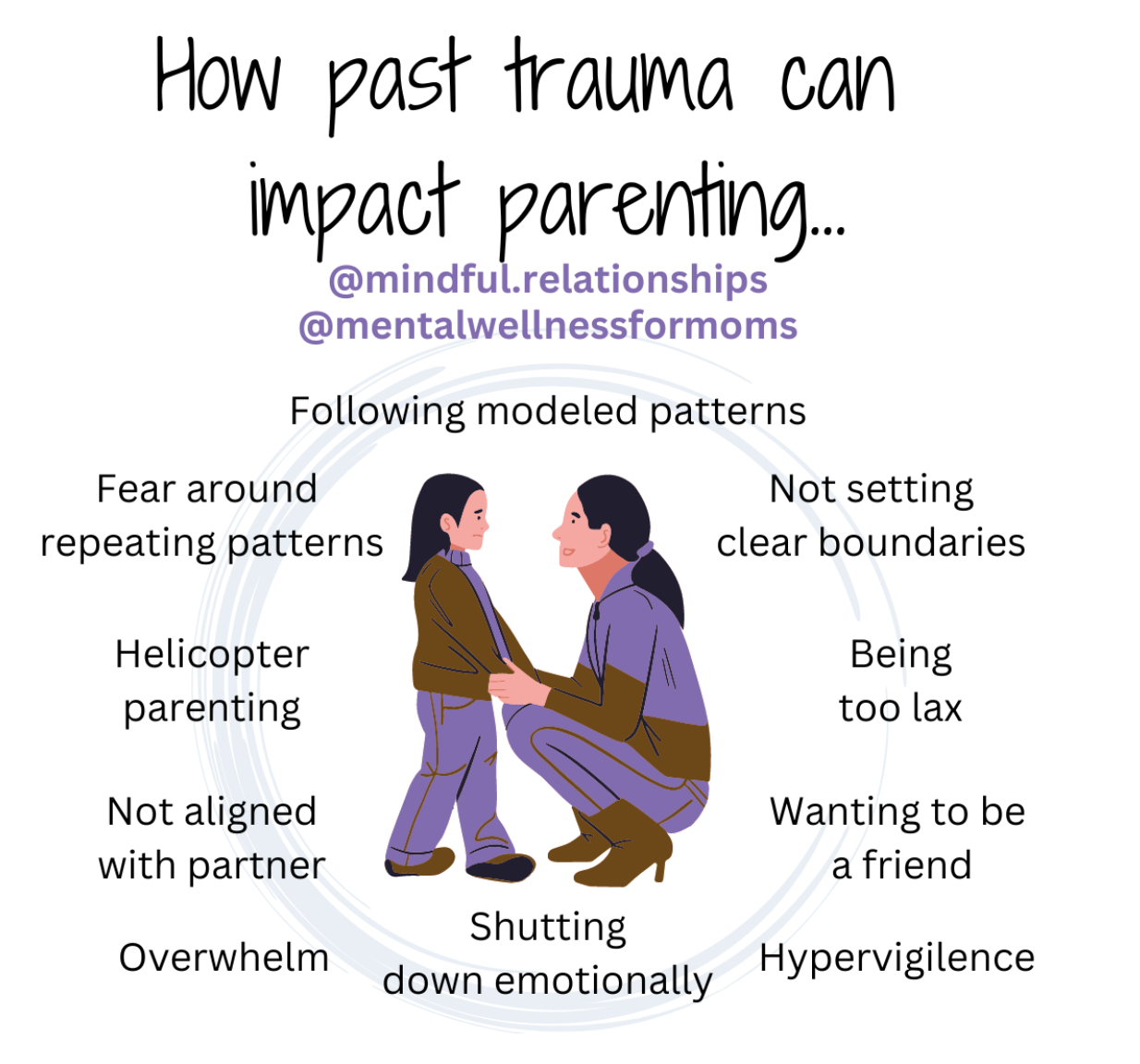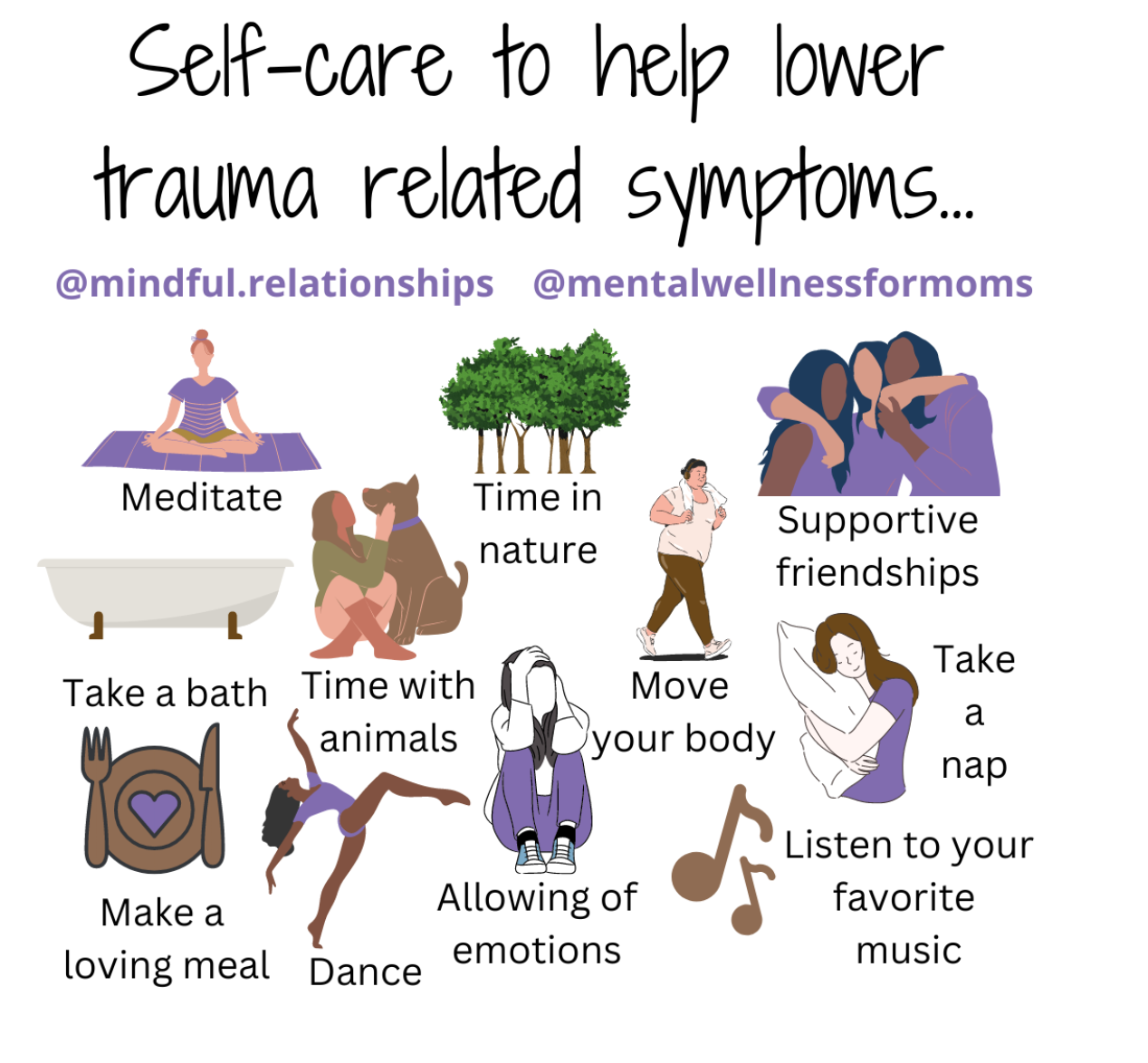Trauma
Written by Laura Carr and Heidi McBain
Hold yourself back, or heal yourself back together. You decide.
-Brittany Burgunder
The Oxford dictionary defines trauma as:
a deeply distressing or disturbing experience.
Our working definition of trauma is:
Trauma does not discriminate. It is the body and brain’s response to a deeply distressing or disturbing event that overwhelms an individual’s ability to cope, causes feelings of helplessness and overwhelm, diminishes their sense of self and their ability to feel the full range of emotions and experiences.
Many can easily accept what is sometimes referred to as big ‘T’ traumas (war, physical or sexual assault or natural disasters). Big ‘T’ traumas can also include prolonged exposure to war, child abuse, neglect, violence or bullying.
Small ‘t’ traumas are equally devastating but often are seen as less valid. Examples of these are a change in job, divorce, infidelity, death in the family, frequent yelling, rigid family structures, family secrets, financial struggles, chronic stressors, legal battles, new sibling, moving, and any other events that felt overwhelming to the individual’s system.
Trauma types: Big T Trauma - War, physical assault, sexual assault, natural disasters, child abuse, neglect, violence, and bullying.
Little T Trauma - Changing jobs, divorce, infidelity, death in the family, frequent yelling, family secrets, financial struggles, moving.
Here are some common symptoms of trauma (Keep in mind, you do not have to have ALL of these symptoms, but these are symptoms that individuals who have trauma often experience):
Pervasive anxiety
Typical depression or high functioning depression
Struggles with emotions (“feeling crazy”, reactive, overwhelmed easily by your feelings, outbursts, easily angered, told you have anger issues, etc.)
Also, certain behaviors, personality types, smells, sounds can “set you off” or send you into a “shut down” completely by surprise
Disassociation, withdrawal, emotional collapse
Fight, Flight, Freeze, Fawn responses
Somatic issues (health issues, nausea, headaches, appetite changes, sleep changes, body pain, tummy issues)
Nightmares and insomnia
Addiction issues
Hypervigilance
Easily startled
Difficulty maintaining healthy relationships
You use substances to get through specific things (sex, social events, etc.)
Intense body sensations
Completely cut off from body sensations
Deep insecurity & shame
Are there any experiences of yours you feel we have missed?
Common trauma symptoms: anxiety, depression, nightmares, somatic issues, relationship problems, emotional dysregulation.
Did you know trauma can also have a major impact on all of our relationships?
Here are some ways that trauma can impact our romantic relationships:
Increased irritability
People pleasing and feeling needy or clingy
Withdrawal and avoidance – difficulty getting close
You don’t do feelings (consciously or unconsciously)
Anxiousness
Need for control
Picking fights with loved ones
Sabotaging relationships
Feeling like the victim (it’s the other person’s fault)
Powerlessness (it’s always my fault)
Hypervigilance (overprotective of loved ones)
Highly critical and blaming
Avoidance of sex or hyper focused on sex
Poor or no boundaries
Difficulty asking for your needs
Fear of being abandoned
Conflict avoidant
Being abusive (words or behaviors)
Being abused (words or behaviors)
Feel shame easily or frequently
Are there other ways you see trauma impacting your relationship?
How trauma can impact relationships: withdrawing, anxiousness, picking fights, sabotaging relationships, hypervigilence, need for control, powerlessness, people pleasing, feeling like the victim, irritability.
Past trauma can also impact how we parent our children. Here are some ways this can show up in parenting:
Blindly following modeled parenting patterns
Fear around repeating dysfunctional parenting patterns
Helicopter parenting
Hypervigilance
Not setting clear boundaries and structure for your kids
Being too lax about consequences for negative behavior
Not being a united front with your partner/not aligned with them
Wanting to be a friend (not a parent) to your children
Feeling overwhelmed- trouble meeting your needs and everyone else’s needs in the family
Shutting down emotionally and feeling emotionally flooded at times
Not being able to tolerate your child’s emotions
Engaging in abusive parenting behaviors and not knowing how to get out of it
Not being open to learning about parenting approaches
Are there other ways that past trauma is impacting your parenting?
How past trauma can impact parenting: following modeled patterns, not setting clear boundaries, being too lax, wanting to be a friend, hypervigilence, shutting down emotionally, overwhelm, not aligned with partner, helicopter parenting, fear around repeating patterns.
It’s so important to create time and space to take great care of you when you are working to lower your trauma related symptoms. Here are some self-care ideas to help you lower any trauma related symptoms showing up in your life:
Meditation or being still
Time in nature
Time with animals
Supportive friendships
Moving your body
Identifying and allowing of all emotions
Dis-identifying with the experience (“you are not your thoughts/emotions/behavior/trauma”)
Take a bath/shower
Dance
Listen to your favorite, empowering music
Take a nap
Make yourself a loving meal
Stop and take a few conscious breaths
As you exhale, drop your shoulders, loosen your jaw, and see if you can release a bit of tension (not all of it may let go, that’s ok)
Ask for help or help someone else out
What would you say to someone you love? Can you offer that to yourself in this moment?
Are there other things you have found that have helped lower trauma related symptoms?
Self-care to help lower trauma related symptoms: meditate, time in nature, supportive friendships, take a nap, move your body, time with animals, take a bath, make a loving meal, dance, allowing of emotions, listen to your favorite music.
Finally, here are some treatment options for trauma:
EMDR (Eye Movement Desensitization and Reprocessing)
Somatic Experiencing
Talk Therapy
Nature Therapy
Movement Therapy (dance, martial arts, exercise)
Body work (massage, Reiki, etc.)
Are there other modalities you have found helpful in your trauma healing?
Possible treatment options for trauma: EMDR, talk therapy, movement therapy, body work, nature therapy, somatic experiencing.
Thank you so much for joining us for this joint conversation on trauma. We hope you learned something helpful that you can take back into your own life and to help you with your own healing. We’re sending lots of love and compassion your way!
Blessings,
Laura & Heidi








